We all know that we have to take proper care of our physical health. However, how many of us take the time and put in the effort to do the same for our mental health? Many people around the world struggle with mental health issues. But instead of branding it as a taboo topic, it should be destigmatized as much as possible.
Our team is featuring some of the most relatable ‘Why Is My Brain Like This’ memes, as shared by Imgur user ‘octoberlegend.’ They deal with everything from therapy and anxiety to the little intrusive thoughts that we all get. Scroll down to check them out.
Bored Panda wanted to get to grips with how therapists build trust with their clients to get them to open up, so we reached out to Psychologist Miglė Vainalavičiūtė from Health Optimizing Vilnius. She was happy to walk us through the process. You’ll find the insights she shared with us below.
#1

Image credits: octoberlegend
According to psychologist Vainalavičiūtė from Health Optimizing Vilnius, mental health professionals need to strive to create a safe environment.
She explained that this starts by having the client familiarize themselves with the rules and boundaries relating to their sessions. It’s essential to get the basics right, such as how long the sessions will last, how they’ll be paid for, how they can be canceled, etc.
“Next, it’s important for your clients to understand the principles of confidentiality that you’ll be relying on. They should be encouraged to ask questions and give suggestions on how the process could be adjusted,” the psychologist told Bored Panda.
“I often stress to my clients that if there’s a need, we can at any time change our agreements. I encourage them to share their needs and talk about their feelings that arise from all of this,” she said.
#2
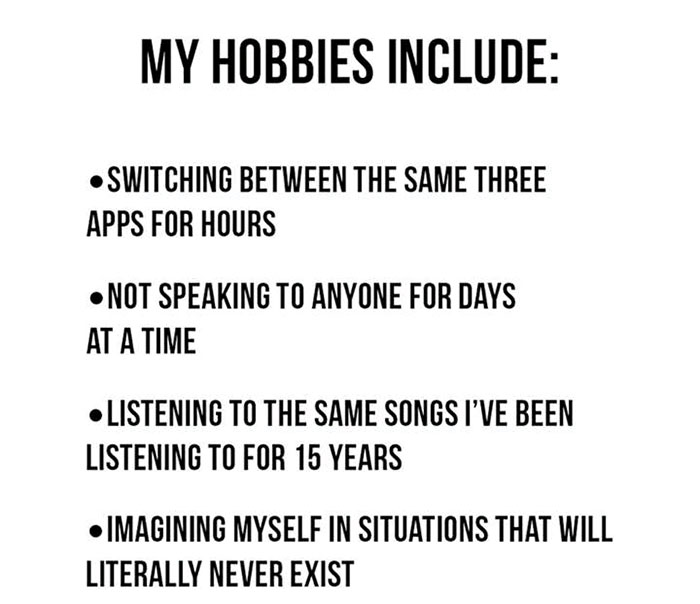
Image credits: octoberlegend
#3

Image credits: octoberlegend
“Sometimes, the clients feel lost or like they lost control because they see the psychologist or therapist as the person in control of the entire process,” Vainalavičiūtė shared. “Next, I think that it’s vital for the client to understand that every process is unique and depends on them. Meanwhile, the psychologist is just an assistant who helps in their journey for personal change.”
Vainalavičiūtė pointed out that clients need to be reminded that there are no ‘good’ or ‘bad’ feelings. The sessions are meant to be a space where they can experience and understand their emotions, which may be uncomfortable in other contexts.
“And yet, the atmosphere in these sessions depends on other factors as well—ones which we cannot, unfortunately, control. These factors can even be difficult to name. Just like we don’t become close friends with every person we meet, so it’s not possible to create a quality relationship with every client.”
#4
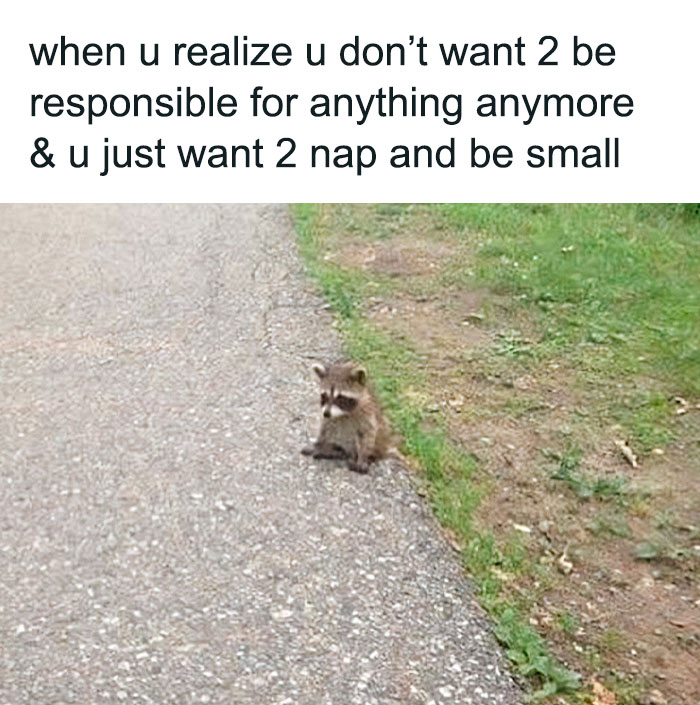
Image credits: octoberlegend
#5
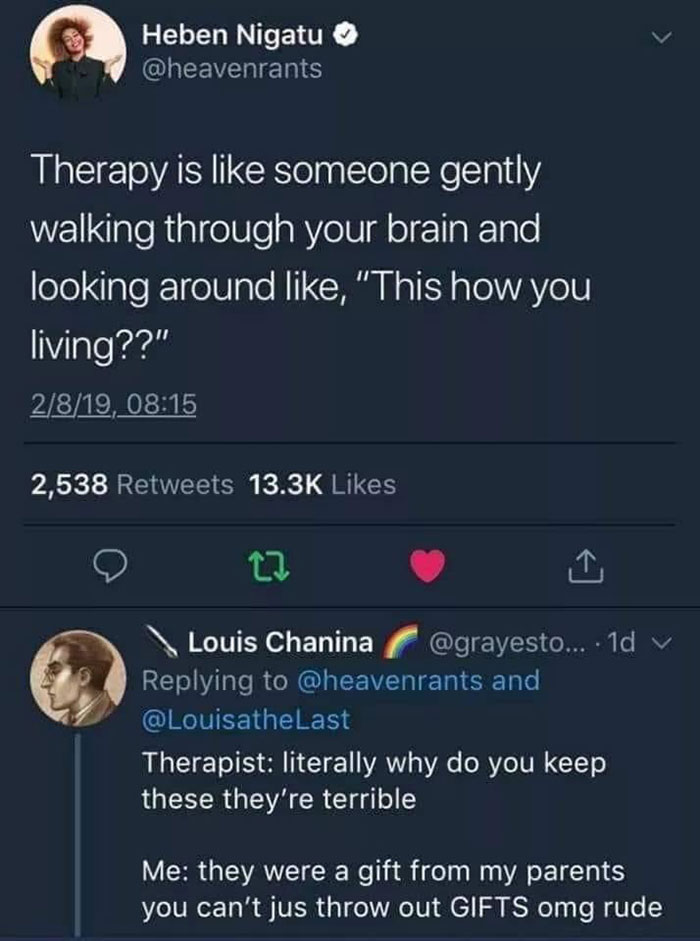
Image credits: octoberlegend
#6

Image credits: octoberlegend
The psychologist said that there can be environmental factors or the individual’s associations that prevent them from opening up during their therapy sessions.
“For example, the psychologist’s manner or speaking or dress style can remind them of a person they had a conflict with in the past. These associations can be unconscious, but they create a sense of insecurity, stopping the person from sharing their personal experiences,” she said.
“In these situations, I suggest that clients look for another psychologist. One who makes them feel more comfortable and whose work methods fit their needs better.”
Vainalavičiūtė noted that there are various branches of psychotherapy and work methods, so it’s worth looking into them and deciding which path might be best for the client. Then, they can look for a psychologist or therapist who specializes in those approaches.
“I’d recommend going to a few sessions to meet several psychologists. I’d also suggest not writing these sessions off after just one or two tries.”
#7
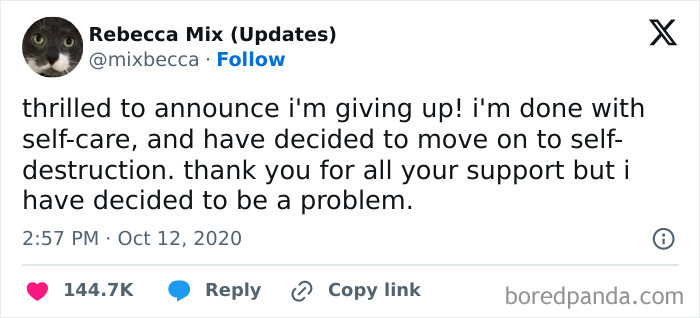
Image credits: octoberlegend
#8
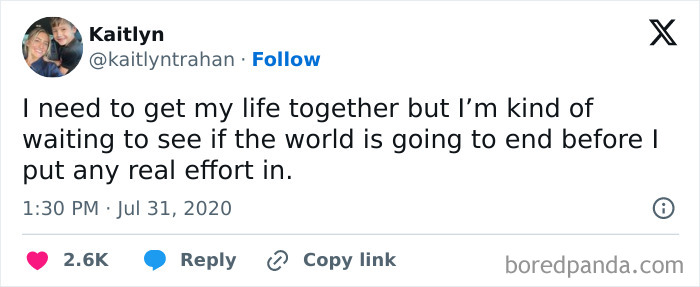
Image credits: octoberlegend
#9

Image credits: octoberlegend
Mental health issues are more prevalent than many of us realize. The National Institute of Mental Health states that a whopping 8.3% or 21 million of all adults living in the United States have had at least one major depressive episode in their lives.
Moreover, the National Alliance on Mental Health shares that 19.1% or over 40 million American adults have an anxiety disorder.
Many of us know someone who goes to therapy. It might even be you reading this. Even though more people understand the importance of openly talking about mental health and seeking help when they need it, others still remain skeptical. They are reluctant to ask for any sort of assistance and often think that they ‘should’ be able to solve everything on their own.
#10
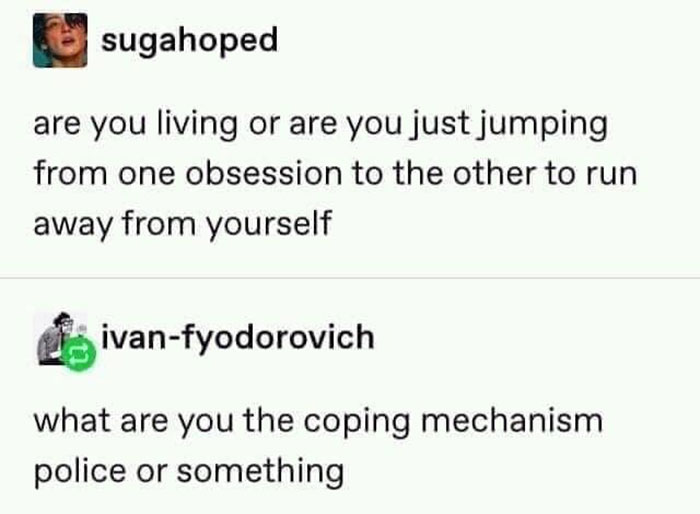
Image credits: octoberlegend
#11
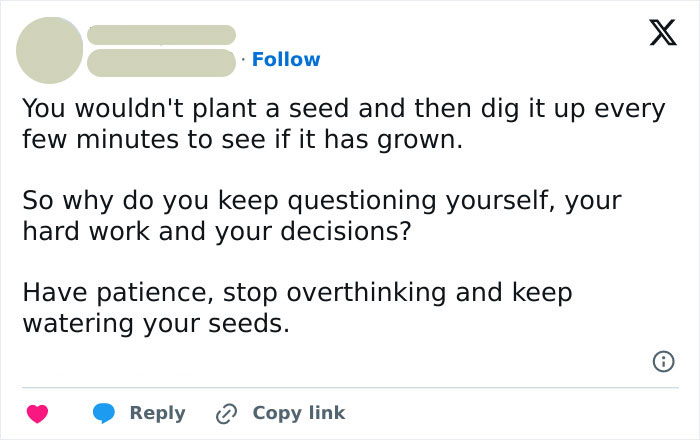
Image credits: octoberlegend
#12
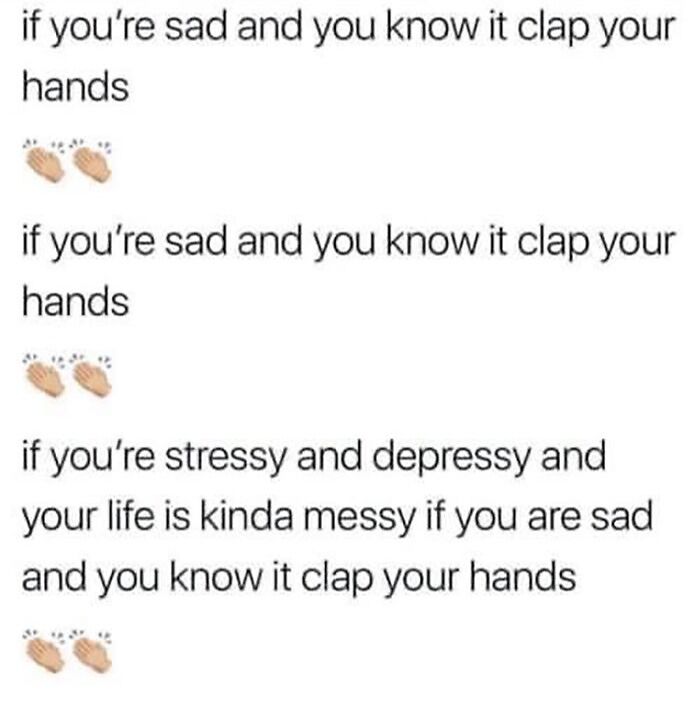
Image credits: octoberlegend
For those skeptics, asking for help is tantamount to showing weakness and vulnerability. However, there is nothing weak about becoming aware of one’s problems with mental health and then taking the steps to solve those issues. Probably nobody would stigmatize people who decided to take better care of their bodies.
So why the different perspective when it comes to taking care of our minds?
While some detractors see talking about mental health as weakness, others think that people dealing with those issues are ‘crazy.’ This sort of perspective can make some folks hesitant to reach out for help. They’re scared of being labeled, criticized, and made fun of by the people in their social circle.
This is why it’s so important to change attitudes toward mental health on a cultural and social level, not just on an individual one. However, that takes lots of time and focused effort. This sort of large-scale change in preconceptions and perceptions doesn’t happen overnight.
#13
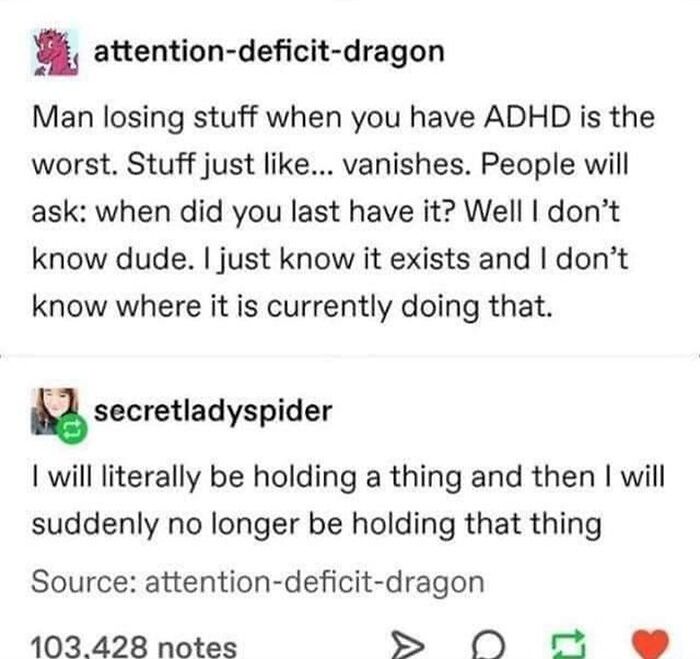
Image credits: octoberlegend
#14
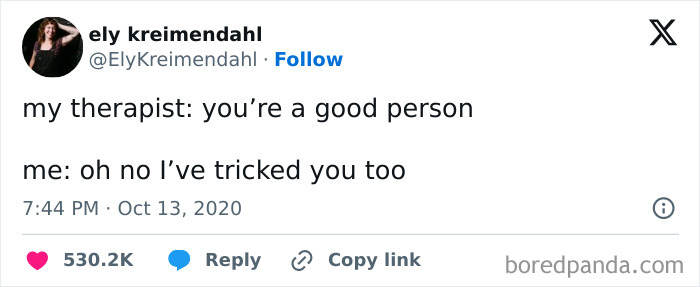
Image credits: octoberlegend
#15
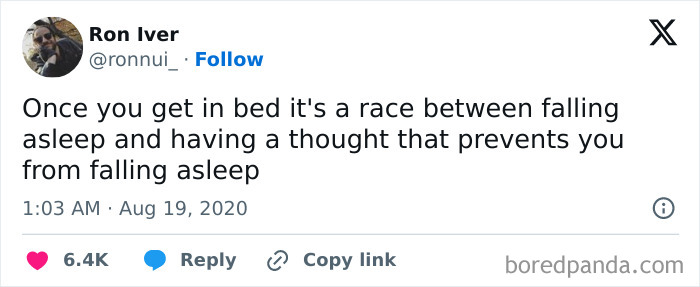
Image credits: octoberlegend
For other people, it’s not the stigma of mental health itself that prevents them from going to therapy. Their concerns are more down-to-earth. Put simply, therapy is not accessible to everyone. For one, not everyone lives or works in a location with lots of qualified therapists to choose from. Not only that but there’s the financial burden to consider.
#16
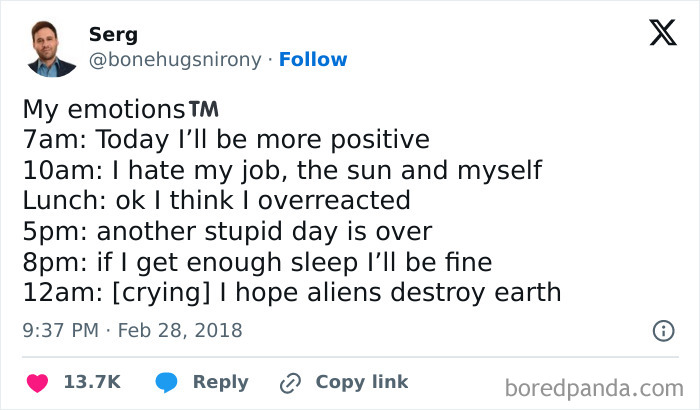
Image credits: octoberlegend
#17
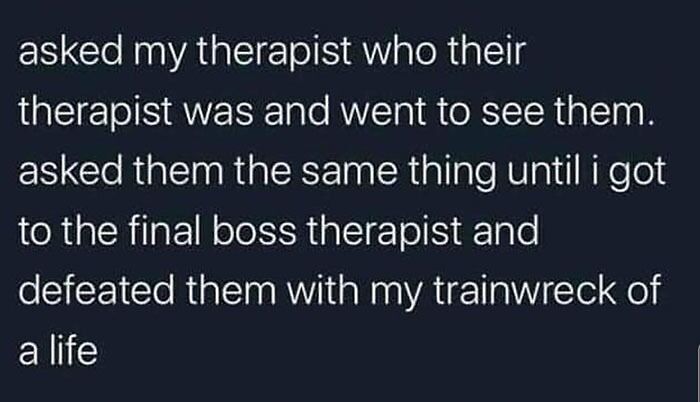
Image credits: octoberlegend
#18
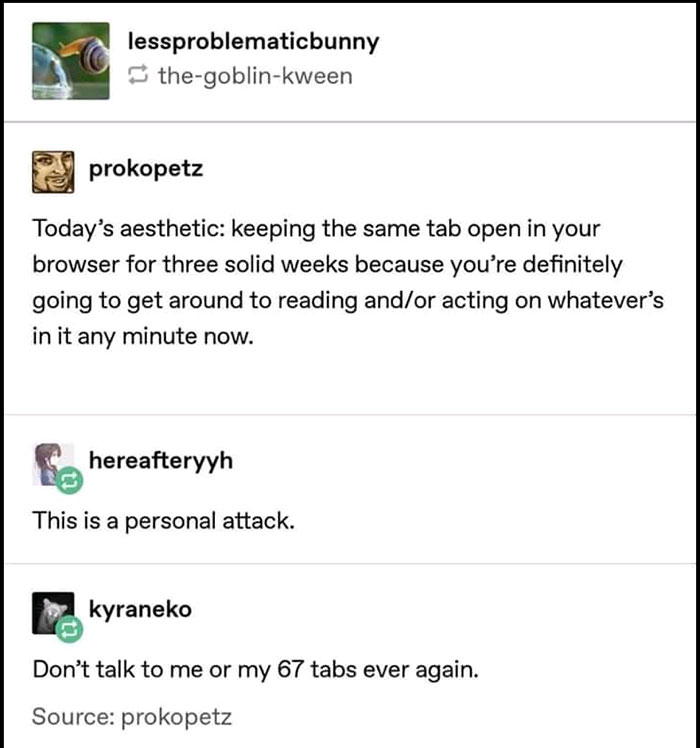
Image credits: octoberlegend
Therapy is a privilege for many people around the world. And a costly one at that. If someone is forced between seeing a therapist or paying rent and putting food on the table for their family, the odds are that they’ll pick the latter.
This will come at the expense of their personal mental health. But many people prioritize others at the cost of themselves, even when they have the means to do both.
There are also individuals who have very strange assumptions about what therapy is and isn’t. Therapy is not some magical conversation where the professional immediately solves someone’s problems. Therapists reframe your experiences. They give you the tools to have more confidence to move past your issues yourself.
#19

Image credits: octoberlegend
#20
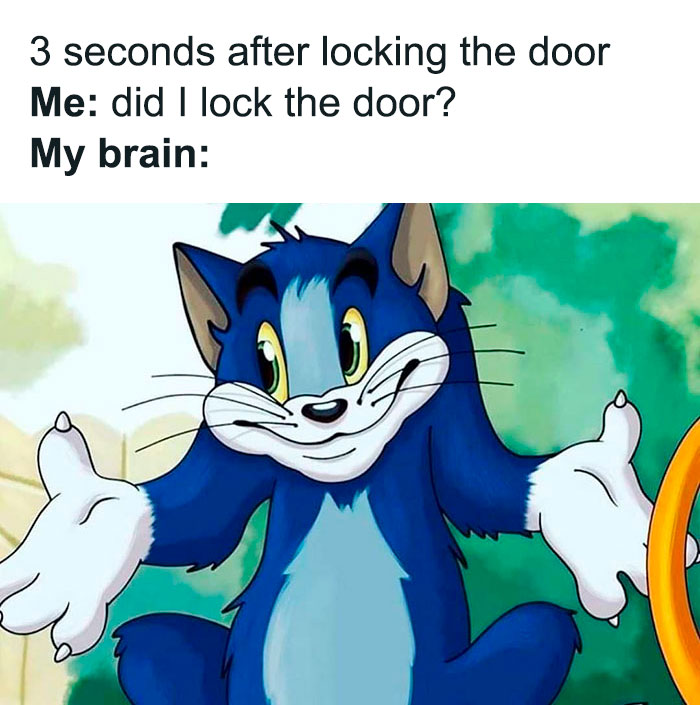
Image credits: octoberlegend
#21
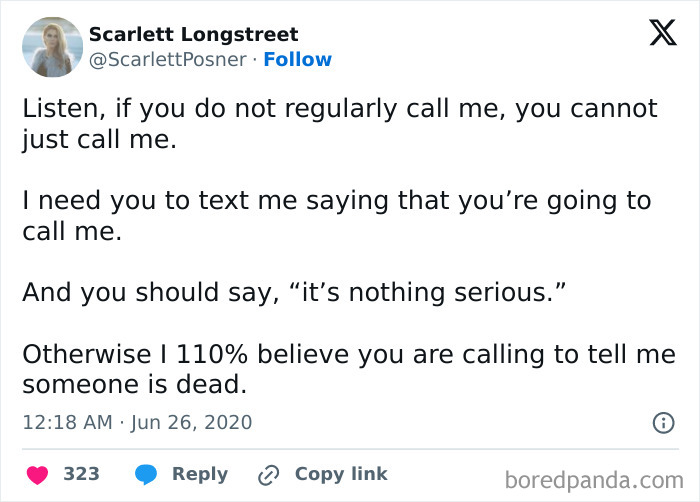
Image credits: octoberlegend
Meanwhile, another problem that skeptics have is that they simply cannot open up to a complete stranger. It’s a question of trust and being comfortable enough to be emotionally vulnerable.
These people believe that venting to their friends is enough. However, therapists are professionals who can give you very different perspectives from the people nearest and dearest to you. They are trained to help. They also know not to judge anyone.
#22
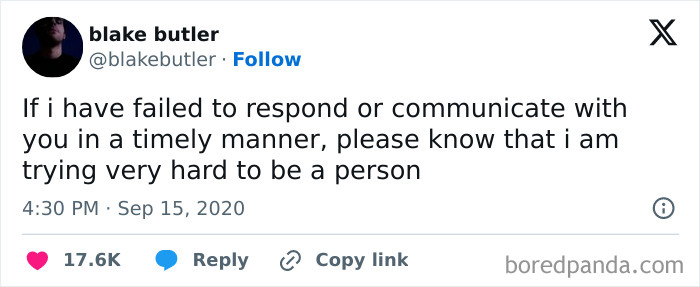
Image credits: octoberlegend
#23
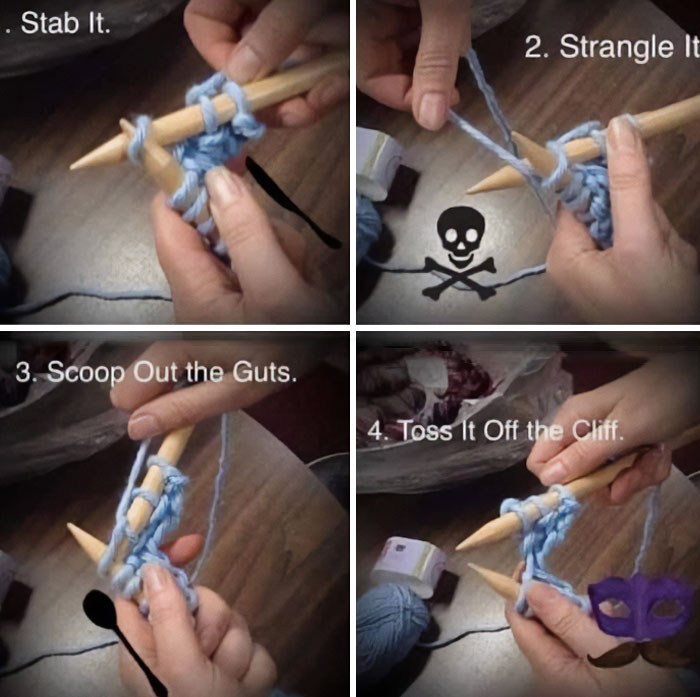
Image credits: octoberlegend
#24
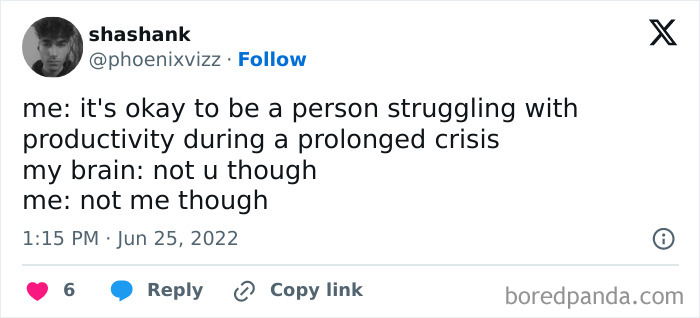
Image credits: octoberlegend
Relying on therapy alone isn’t the right way to go. Improving your mental health means changing your lifestyle to prioritize your self-care. Therapy is just one (albeit pretty important) piece of the puzzle.
You need to make sure that you’re doing everything that you can to eat well, get plenty of movement, get quality sleep, and hydrate.
#25

Image credits: octoberlegend
#26
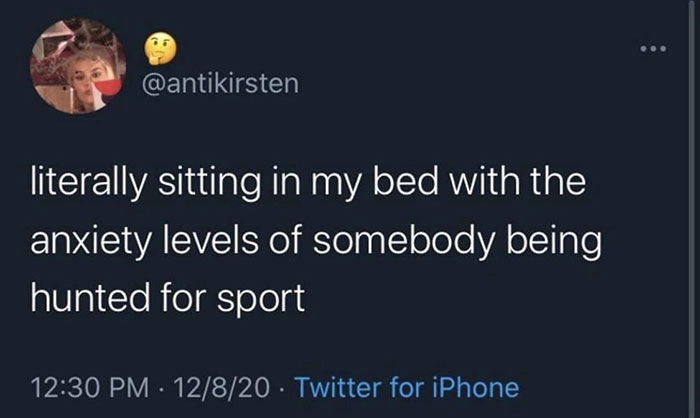
Image credits: octoberlegend
#27
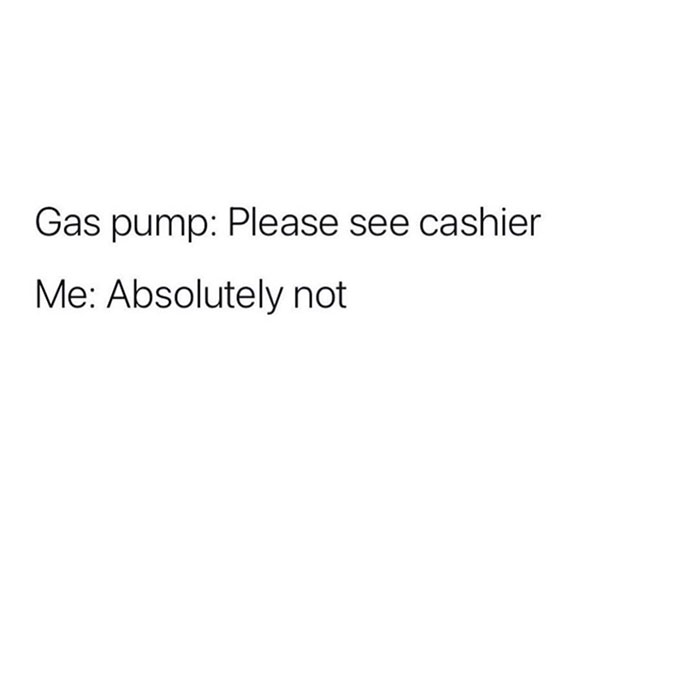
Image credits: octoberlegend
Another massively important factor to consider is what your social life is like. Our positive relationships are incredibly vital to our health and happiness. It only makes sense to cultivate them. In the meantime, you don’t need to just embrace healthy habits, you need to fight back against unhealthy ones, too.
That means something different for everyone. Someone might need to dial back on their screen time and their sedentary lifestyle. For others, it might mean consuming less caffeine, alcohol, and nicotine.
#28
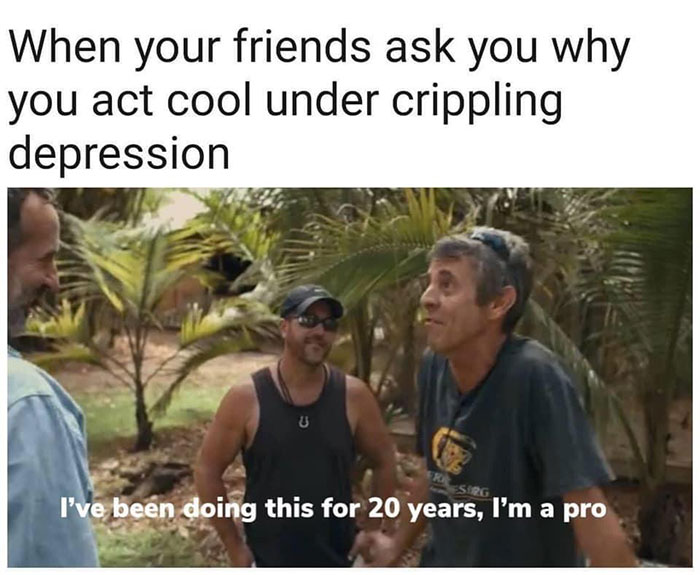
Image credits: octoberlegend
#29
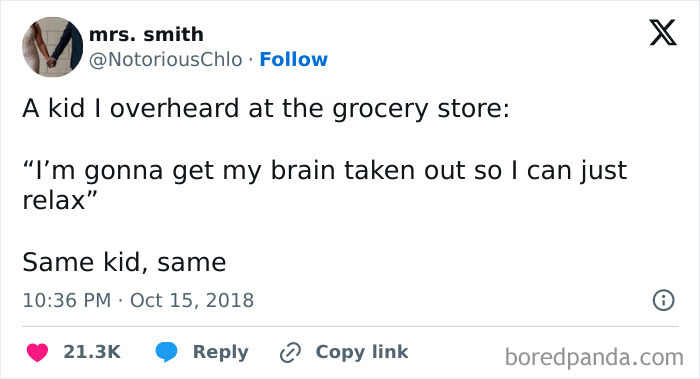
Image credits: octoberlegend
#30

Image credits: octoberlegend
Which of the memes featured in this list resonated the most with you, Pandas? What do you do to take better care of your mental health? What finally convinced you to give therapy a try? You're welcome to share your thoughts in the comments if you're feeling up to it.
#31

Image credits: octoberlegend
#32
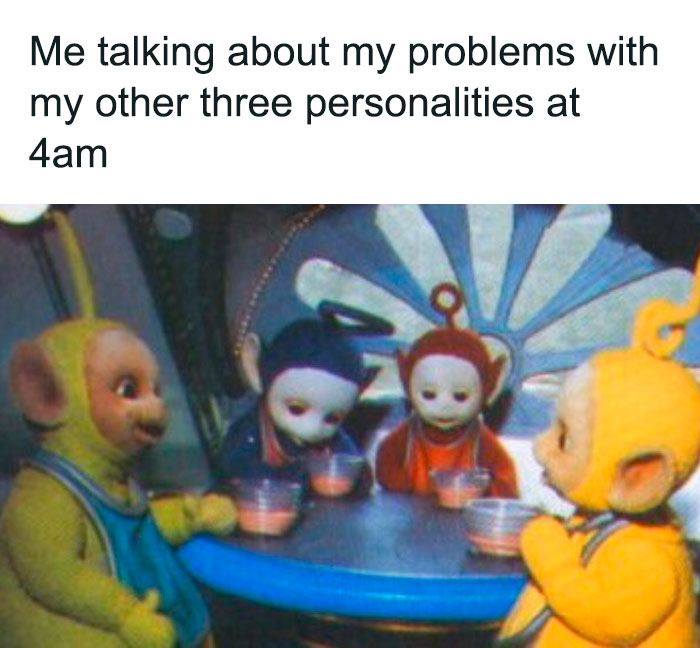
Image credits: octoberlegend
#33

Image credits: octoberlegend
#34
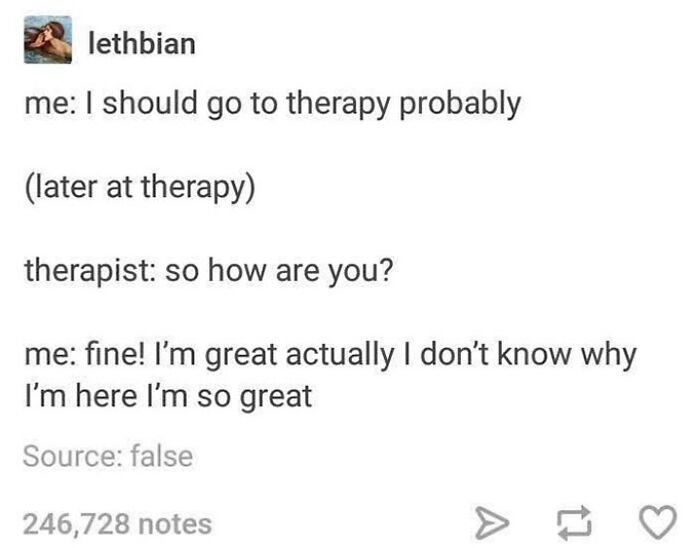
Image credits: octoberlegend
#35

Image credits: octoberlegend
#36
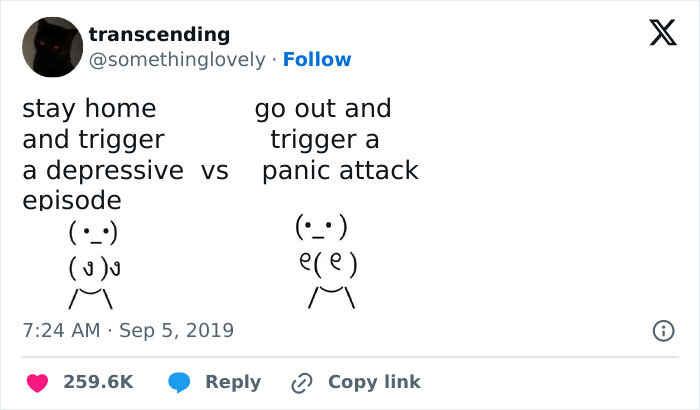
Image credits: octoberlegend
#37
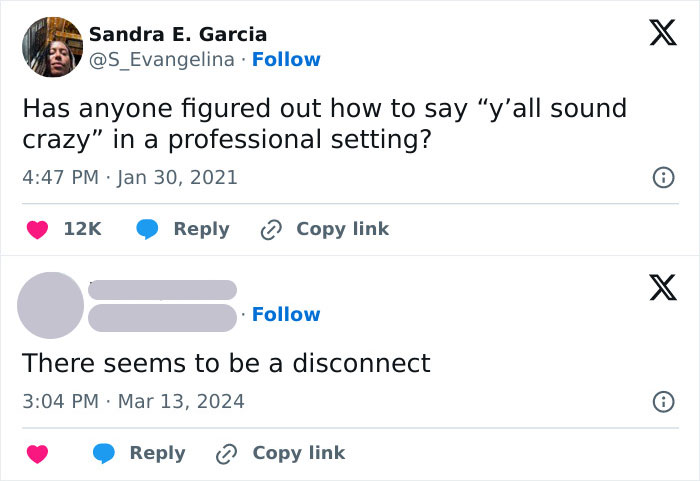
Image credits: octoberlegend
#38
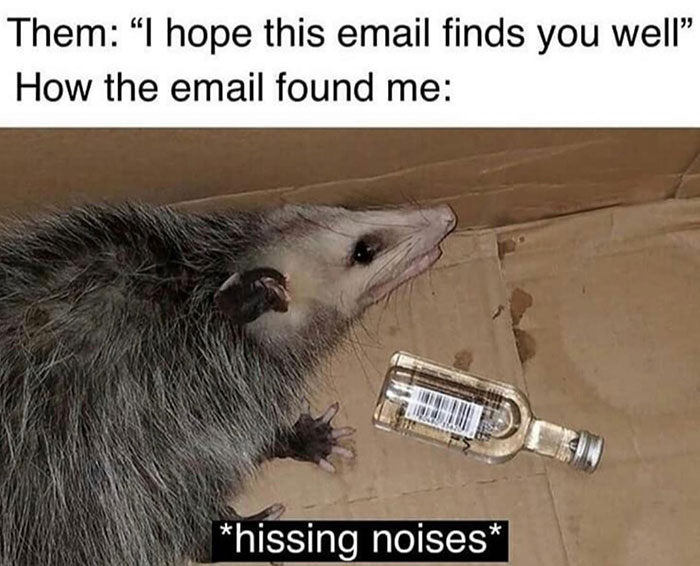
Image credits: octoberlegend
#39
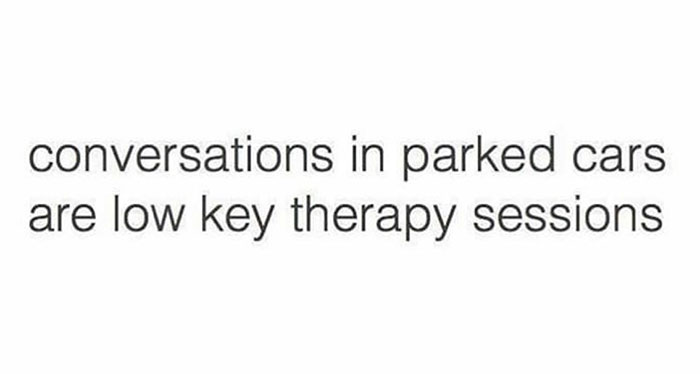
Image credits: octoberlegend
#40
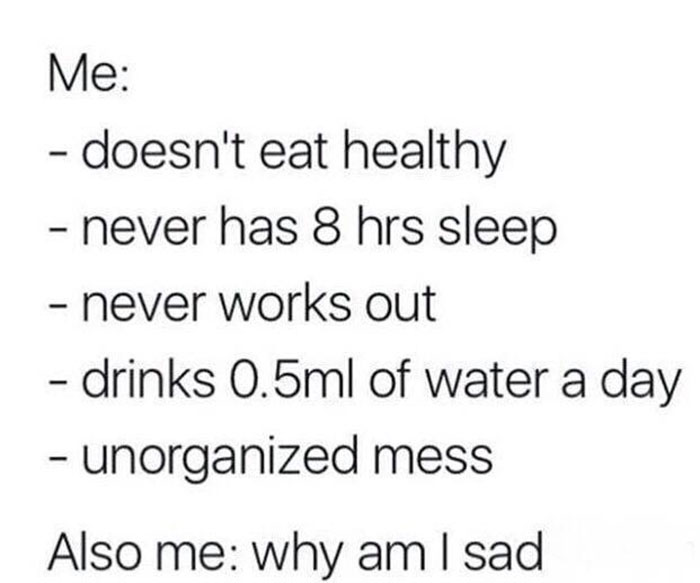
Image credits: octoberlegend
#41

Image credits: octoberlegend
#42
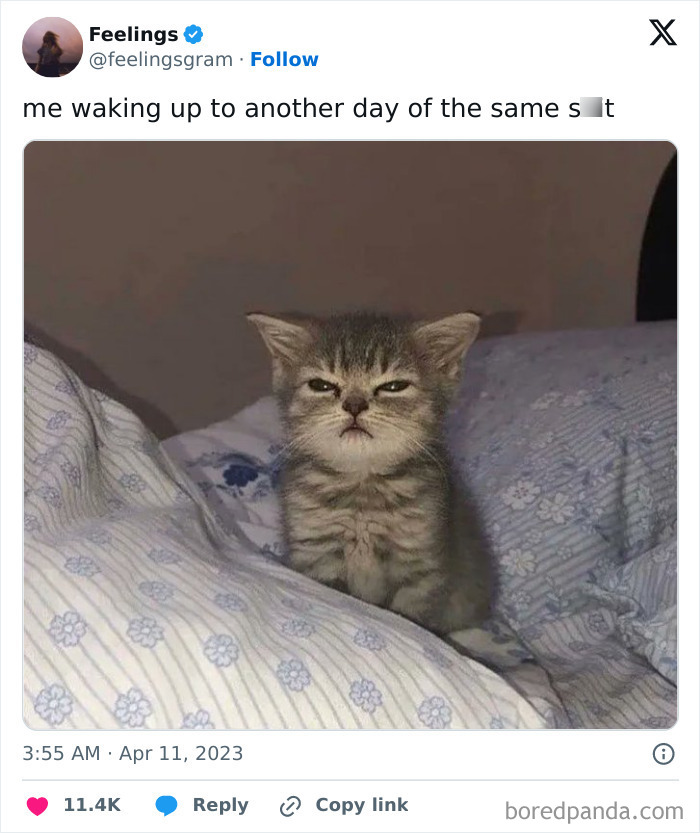
Image credits: octoberlegend
#43
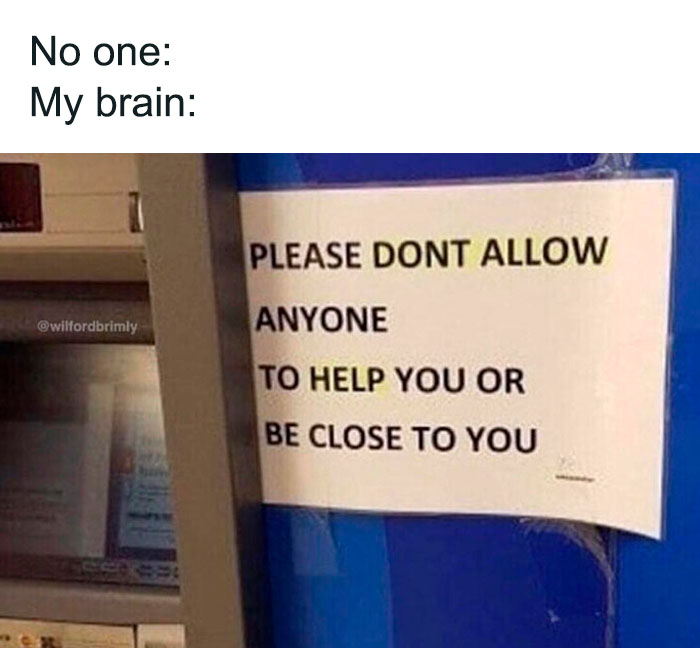
Image credits: octoberlegend
#44
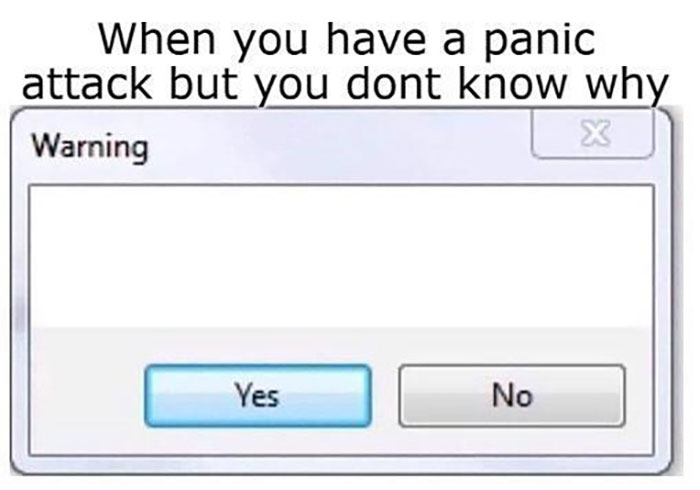
Image credits: octoberlegend
#45
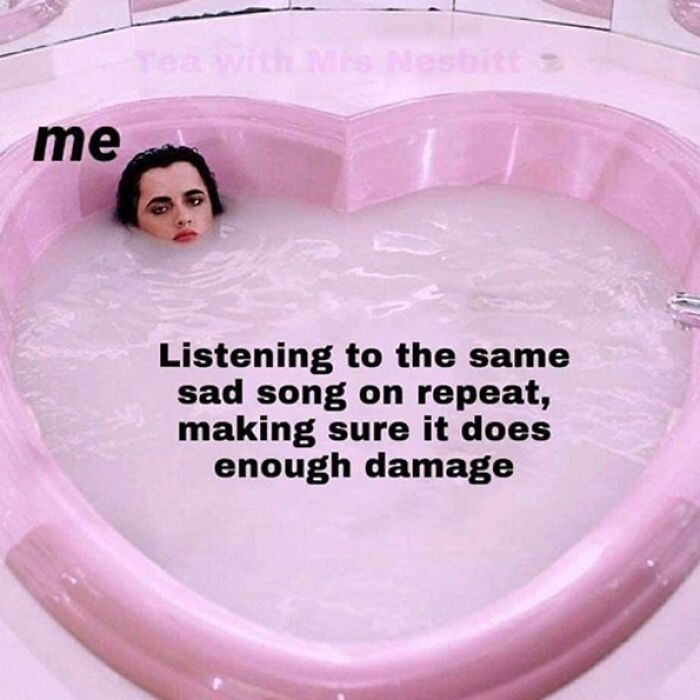
Image credits: octoberlegend
#46
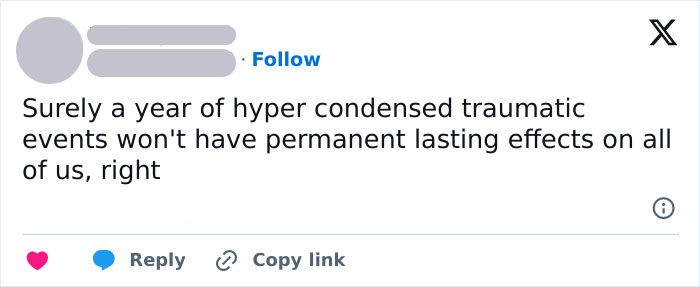
Image credits: octoberlegend
#47

Image credits: octoberlegend
#48
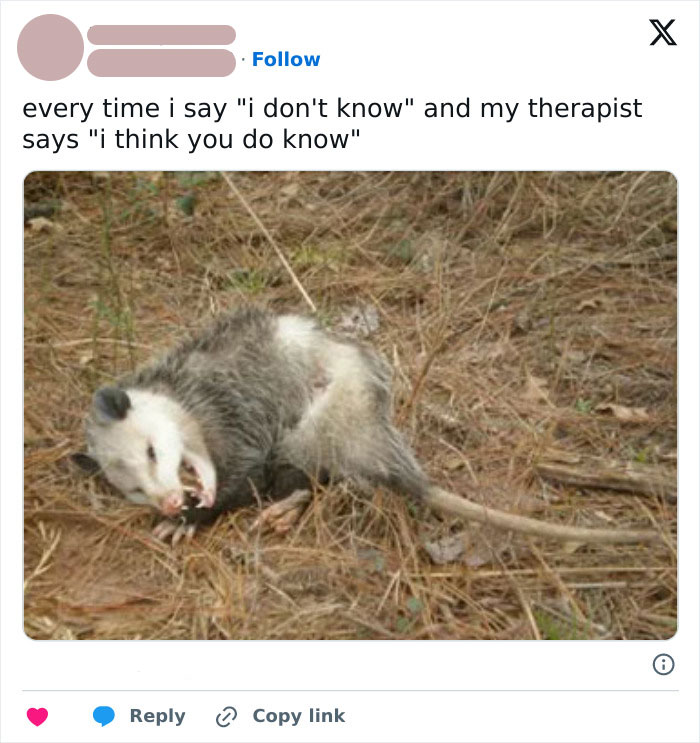
Image credits: octoberlegend
#49

Image credits: octoberlegend
#50

Image credits: octoberlegend







